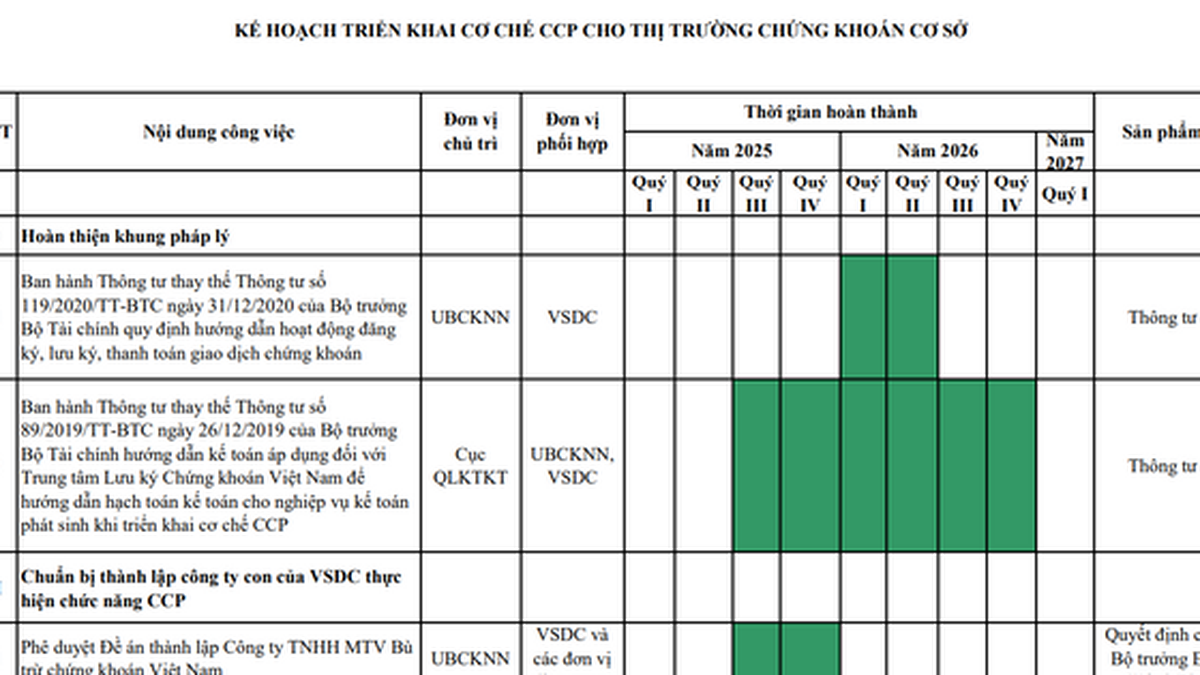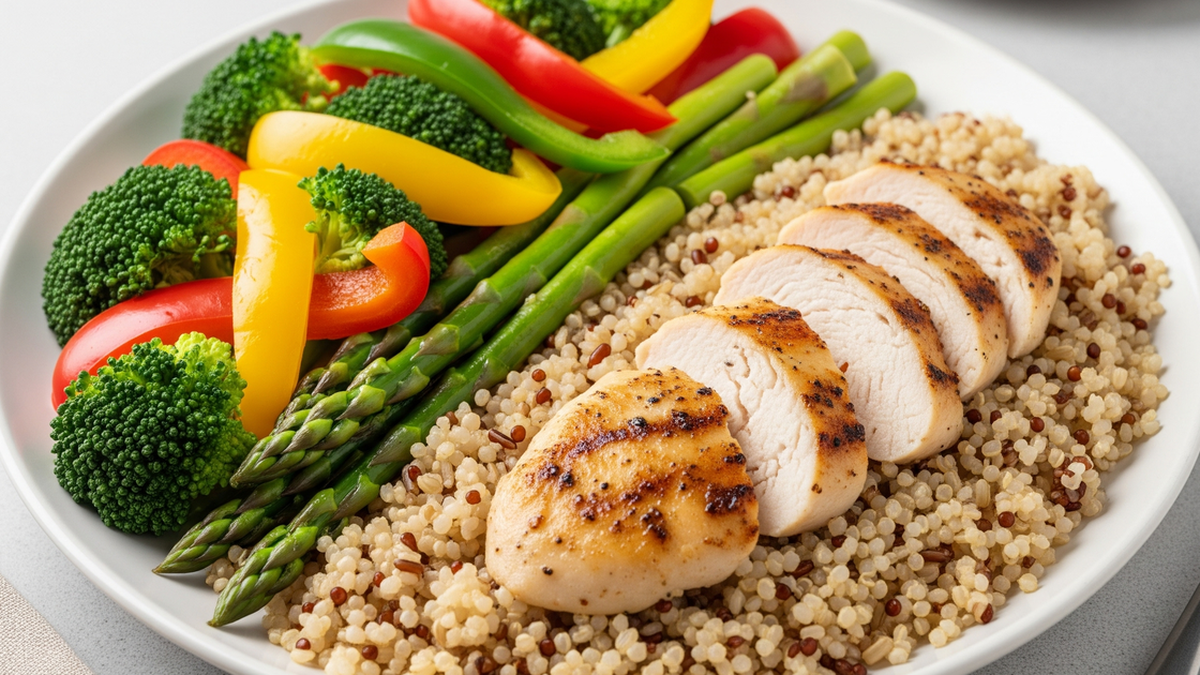Children need to be supplemented with adequate nutrients such as vitamins A, C, D, B group, choline, iron, calcium, potassium... to grow and develop.
Children's bodies need certain substances to serve cell functions, increase immunity and growth. Below are some common vitamins and minerals with many effects.
Vitamin A
This vitamin is converted by the body from beta-carotene and plays an important role in vision. Vitamin A also helps boost immunity in children, protecting the body against infection.
To get enough vitamin A, children need to eat yellow and orange vegetables and fruits including sweet potatoes, carrots, and cantaloupe. Beef liver, spinach, fish, and eggs are also rich in this vitamin.
Vitamin B group
Thiamine, riboflavin, niacin, folate, pantothenic acid, B6, B12, biotin... help the body create and use energy. Children who do not have enough B vitamins may be anemic. Foods rich in B vitamins include whole grains, fish, chicken, green leafy vegetables and milk.
Vitamin C
This vitamin can prevent cold symptoms such as sneezing and runny nose by fighting infection. Vitamin C also helps children's scratches and cuts heal faster. Citrus fruits, pomegranates, strawberries, tomatoes, cantaloupe and bell peppers supplement the body with vitamin C.

Children need to eat enough nutrients such as vitamins, calcium, iron, magnesium... to develop. Photo: Freepik
Vitamin D
Children need enough vitamin D for their bodies to absorb calcium to build bones. Children can get vitamin D from sunlight, fortified milk, cereals, tuna, salmon, or egg yolks.
Calcium
This mineral is essential for building and maintaining strong bones. Children who lack calcium may be at risk of bone disease later in life. Milk and dairy products are the best sources of calcium.
Choline
Choline helps transmit nerve signals, improves brain activity, and enhances memory. The body does not produce choline on its own, so children need to supplement it by eating foods such as eggs, fish, beef, chicken, and broccoli.
Iron
Red blood cells use iron to transport oxygen to other parts of the body. Children can supplement iron by eating lean meat, beans, dark green leafy vegetables, iron-fortified cereals... Vitamin C helps the body metabolize and absorb iron more effectively. Parents can feed their children this food with a glass of orange juice.
Magnesium
Magnesium is involved in building the body's cells and creating energy. A diet rich in magnesium also helps the heart pump blood better. Bran cereal, brown rice, tofu, beans, almonds, and nuts are common sources of magnesium.
Potassium
Every cell and organ in the body needs potassium to function properly. Potassium is also important for blood pressure, the heart, and the muscles that work when children move. Bananas, sweet potatoes, tofu, skim milk, and low-fat yogurt are rich in potassium.
Zinc
Zinc can help prevent colds by blocking agents that attack the immune system, such as viruses and bacteria. Children also need potassium for growth and development. Chicken, beans, and fortified breakfast cereals are good sources of zinc for children.
Parents should take their children to a nutritionist if they suspect they are deficient in nutrients to supplement appropriate vitamins and minerals.
Bao Bao (According to WebMD )
Readers with questions about children's health can ask questions here to get answers from doctors.
Source link
























































































![[Infographic] In 2025, 47 products will achieve national OCOP](https://vphoto.vietnam.vn/thumb/402x226/vietnam/resource/IMAGE/2025/7/16/5d672398b0744db3ab920e05db8e5b7d)













Comment (0)